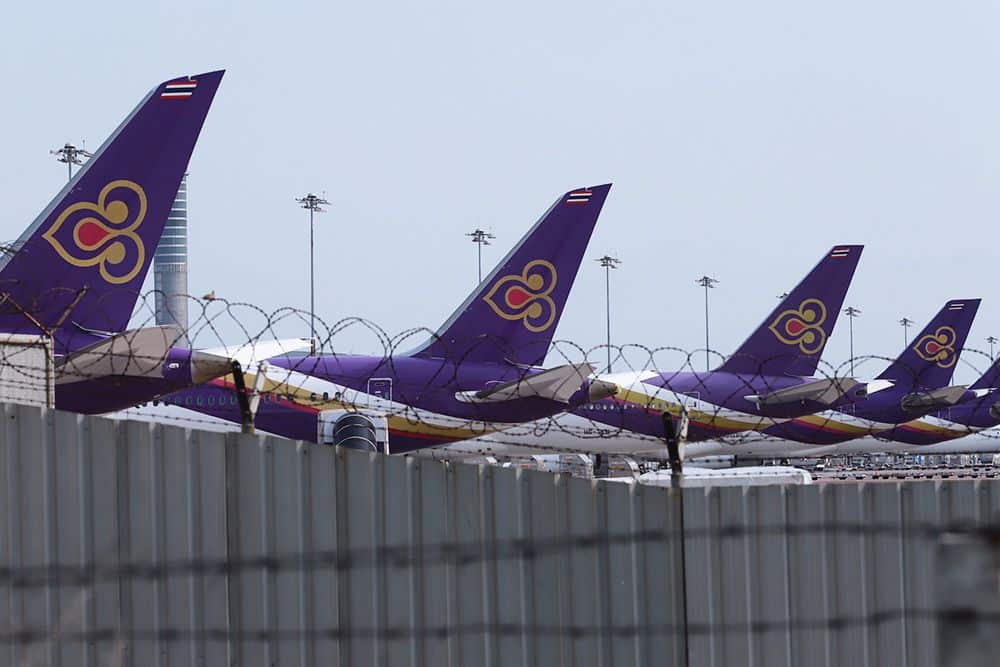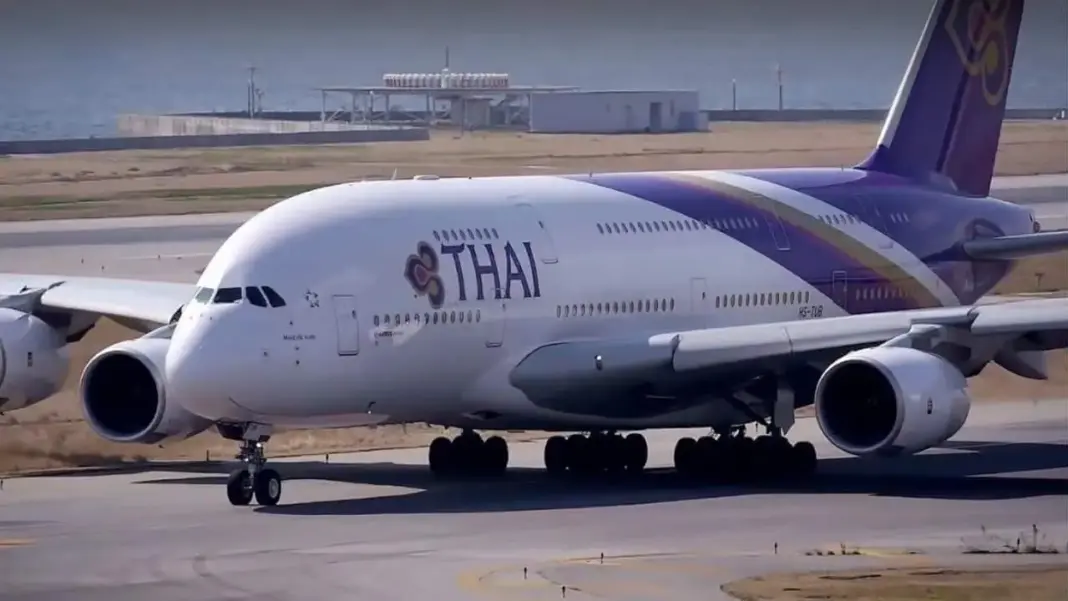BANGKOK, Thailand — The Ministry of Finance has confirmed that all 17 nominees for the Thai Airways International board of directors are experienced professionals, as the airline prepares for significant leadership changes following its return to the stock market.
Selection Process and Timeline
Lavaron Sangsnit, permanent secretary of the Ministry of Finance and chairman of the Thai Airways board, stated on October 10 that the selection process is designed to ensure transparency and safeguard the airline’s independence. “Thai Airways must have a professional board of directors, and we affirm that all the nominees we have proposed are top-tier and highly professional,” Lavaron said.
A selection committee is currently reviewing the candidates, with plans to finalize eight new board members by October 19. These appointments will replace outgoing directors and fill new positions. The list of nominees is scheduled to be submitted to the Thai Airways board for preliminary approval on October 23, with the final decision to be made by shareholders at a meeting in December.

Shareholder Involvement and Corporate Status
The selection process explicitly excludes nominations from shareholders holding 5% or more of the company, although these shareholders may submit their own candidates for separate consideration. Lavaron emphasized that Thai Airways will remain a listed company and will not revert to state enterprise status, despite the Ministry of Finance retaining the largest shareholding at 38.9%. This stake has decreased from 47.9% in December of the previous year, reflecting ongoing efforts to reduce state control during the airline’s four-year business rehabilitation.

Governance and Board Expansion
The restructuring of Thai Airways was initiated to reduce bureaucracy and political interference, resulting in the loss of its state enterprise status when government holdings fell below 51%. Former board member Banyong Pongpanich recently called for the government to fully divest its holdings to enhance operational autonomy. Lavaron, however, reiterated his commitment to transparent governance, stating, “As long as I remain chairman, there will be no corruption — everything must be transparent in every aspect.”
Lavaron also advocated for expanding the board from 11 to 15 members, citing current limitations on committee participation. At present, Thai Airways operates only two active committees—audit and nomination and remuneration—as required by stock exchange regulations. Expanding the board would enable the establishment of additional oversight committees, including a risk management committee, which is considered essential for the airline’s ongoing recovery and future growth.
Broader Implications
The confirmation of professional nominees and the proposed board expansion are seen as critical steps in strengthening Thai Airways’ governance and operational resilience. Industry observers note that these changes could enhance investor confidence and support the airline’s efforts to sustain its recovery in a competitive market. The Ministry of Finance’s continued oversight, combined with a commitment to transparency, is expected to play a significant role in shaping the airline’s future trajectory.




